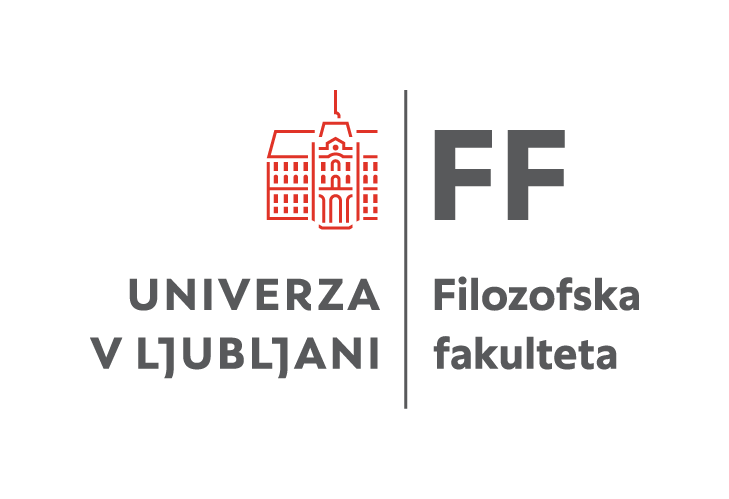Previous studies of individuation in emerging adulthood (e.g., Buhl, 2008; Lamborn & Groh, 2009) relied on models that were only slightly adjusted to explain individuation in relation to parents beyond adolescence, such as the four-factor model of connectedness, separation, detachment, and agency (Beyers et al., 2003; Lamborn & Groh, 2009). These studies also used instruments intended for adolescents (e.g., Emotional Autonomy Scale; Steinberg & Silverberg, 1986) or instruments that were less adequately adapted to the developmental context of emerging adults (e.g., the Psychological Separation Inventory; Hoffman, 1984 or the Munich Individuation Test for Emerging Adults; Walper, 2005). To overcome these limitations, we created and validated a self-report measure that delineates several prominent aspects of individuation in relation to parents specifically in emerging adulthood, the Individuation Test for Emerging Adults (ITEA; Komidar et al., 2014).
The ITEA measures five relevant aspects of individuation in relation to mother (ITEA–M form) and father (ITEA–F form): Support Seeking, Connectedness, Intrusiveness (of a parent), Self-Reliance, and Fear of Disappointing the Parent. Both self-report forms are available in a full (36-item) and short (21-item) version (Komidar et al., 2016), as well as in a short parent rating form (Poredoš, 2020).
The ITEA represents a promising tool for assessing relevant aspects of individuation specifically in emerging adulthood. The ITEA might be particularly useful in research on parent–emerging adult relationships from both variable- and person-centred approach. The items are quite general and not tied to a specific cultural context. The instrument is intended to be employed internationally. If the measurement invariance across different cultural and linguistic groups is supported, it allows for direct cross-cultural comparisons of the unfolding process of individuation in relation to each parent and/or models predicting important developmental outcomes of individuation.
In addition, the ITEA might be especially convenient and helpful in psychological counselling. The problems of emerging adults that pertain to social-emotional adjustment to college or university, academic achievement, moving out of the family home, starting employment and the like might, in part, arise from separation-individuation difficulties (e.g., Mattanah et al., 2004) or lack of autonomy (e.g., Lamborn & Groh, 2009). Therefore, practitioners in student career centres and counsellors in mental health institutions who work with such emerging adults might find the ITEA a beneficial instrument for identifying sources of the described problems.

